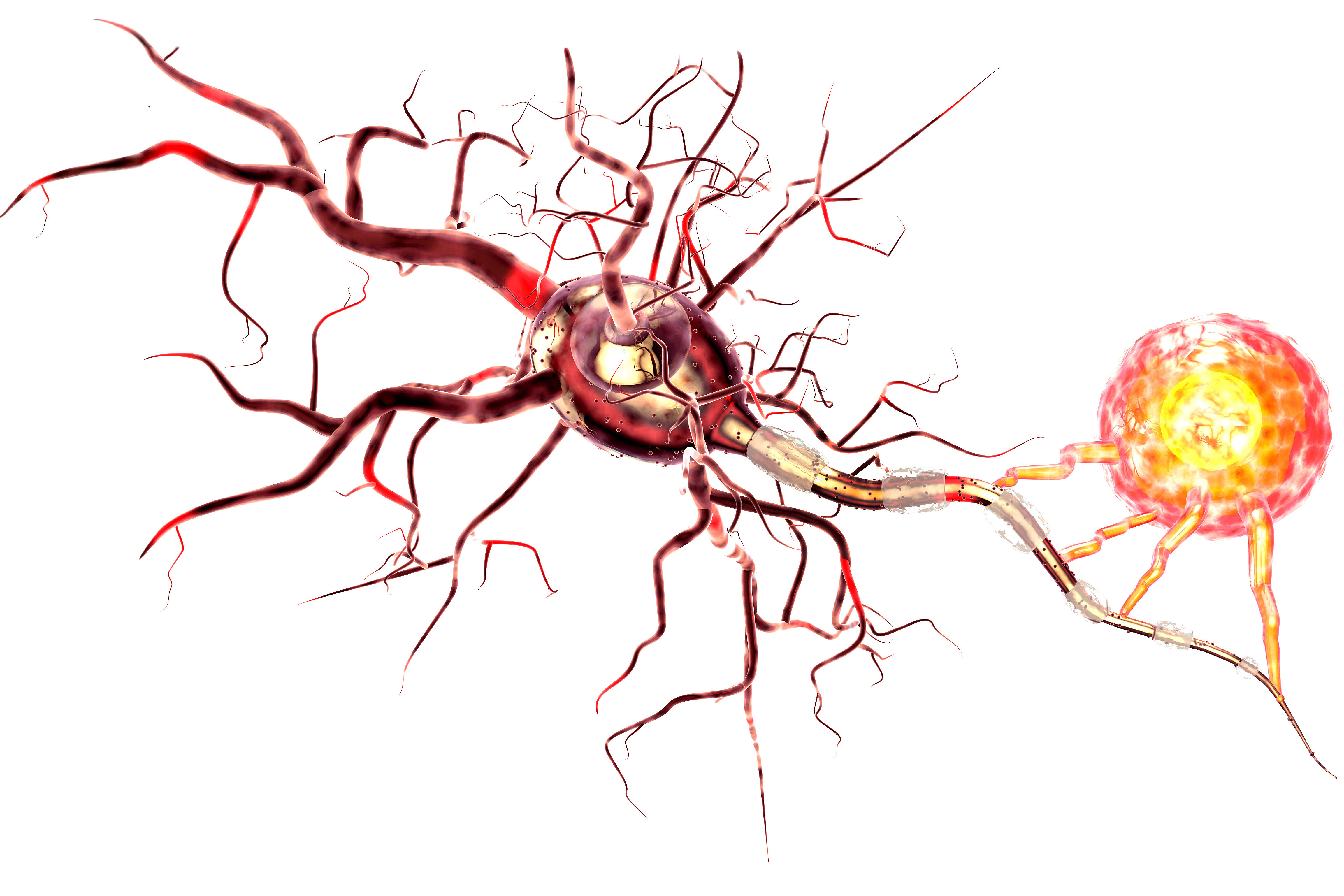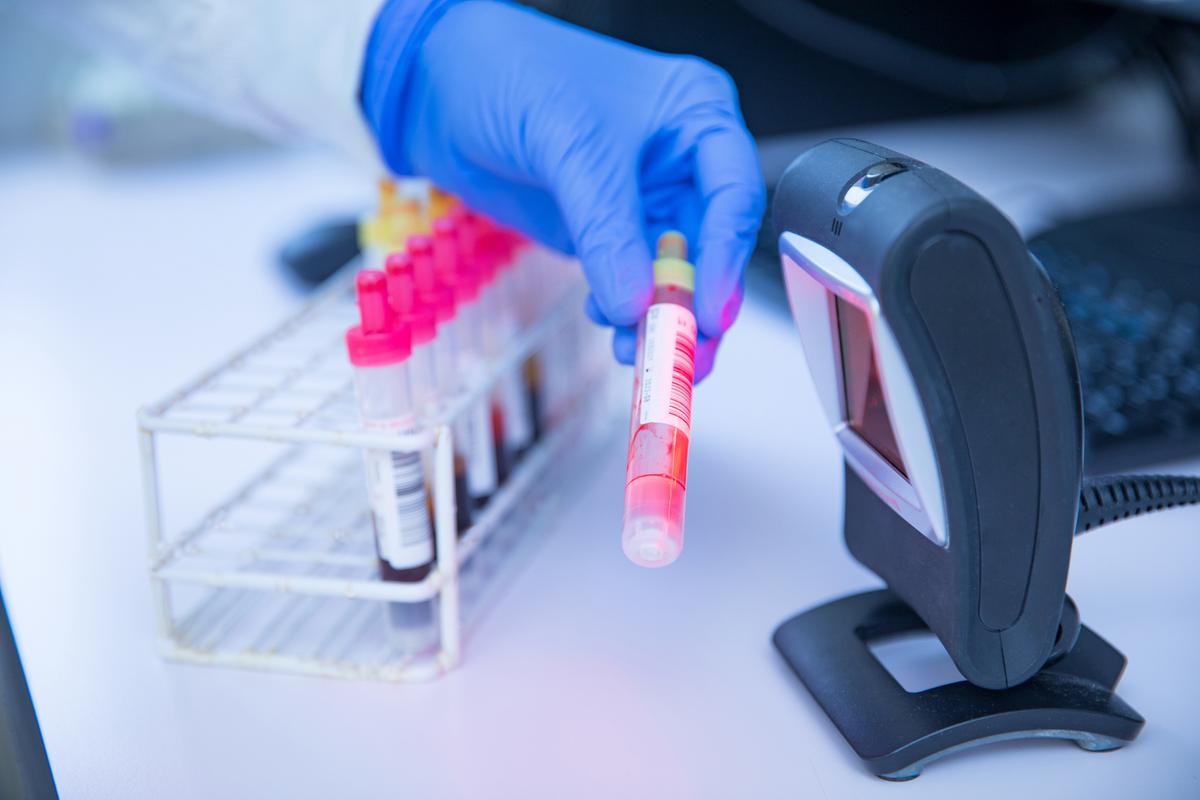The study was led by Prof. Manuel Friese, Director of the Institute of Neuroimmunology and Multiple Sclerosis at the UKE, and Prof. Catherine Meyer-Schwesinger, Co-Director of the Institute of Cellular and Integrative Physiology at the UKE. Scientists from the HZI research group “Cellular Proteome Research” led by Prof. Lothar Jänsch supported the project with high-quality mass spectrometry and in vivo proteome strategies. A total of ten international research institutions were involved in the study. The research results, which could provide new therapeutic approaches for multiple sclerosis progression, have now been published in the journal Cell.
Multiple sclerosis (MS) is characterized by persistent inflammation in the brain and spinal cord, leading to ongoing loss of neurons. In MS patients, the infiltration of immune cells causes inflammation in the central nervous system, leading to the loss of myelin, the protective insulation around neurons. The HZI team of Lothar Jänsch helped to discover that the immunoproteasome subunit PSMB8 impairs proteasomal activity in neurons and triggers metabolic reprogramming in MS. The proteasome is a protein complex that degrades proteins that are no longer needed, thereby preventing harmful protein aggregates from accumulating in cells. The newly discovered metabolic switch increases neuronal vulnerability to oxidative stress and ferroptosis, i.e. a special type of programmed cell death, highlighting the critical role of proteasomal alterations in neurodegenerative processes. The results suggest that for example targeting PSMB8 can protect neurons from inflammation-induced damage. These findings not only advance our understanding of MS but also offer therapeutic insights relevant to other neurodegenerative diseases and chronic infections where inflammation disrupts cellular metabolism.



![[Translate to English:] Endogener ASC-Speck, abgebildet in 3D mit dSTORM. © iScience, CC-BY-4.0](/fileadmin/user_upload/HZI/Media_Center/Newsroom/2023/2023_Webnews_LMU_Sieben_c_iScience_CCBY40.png)

